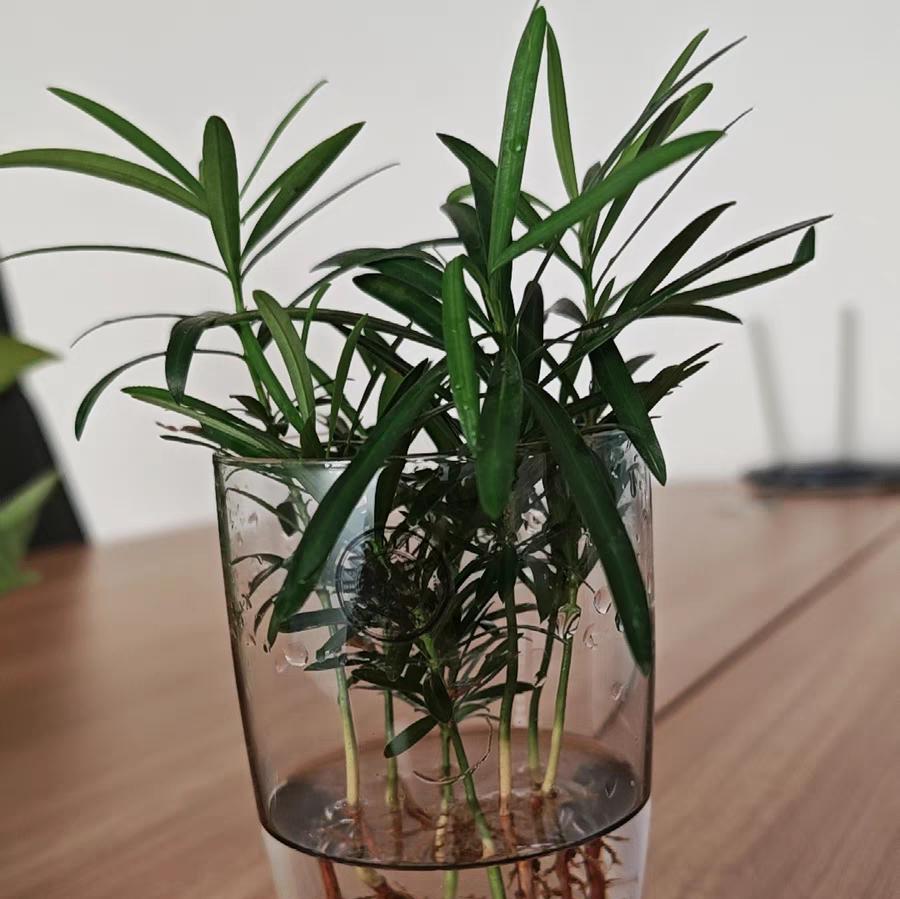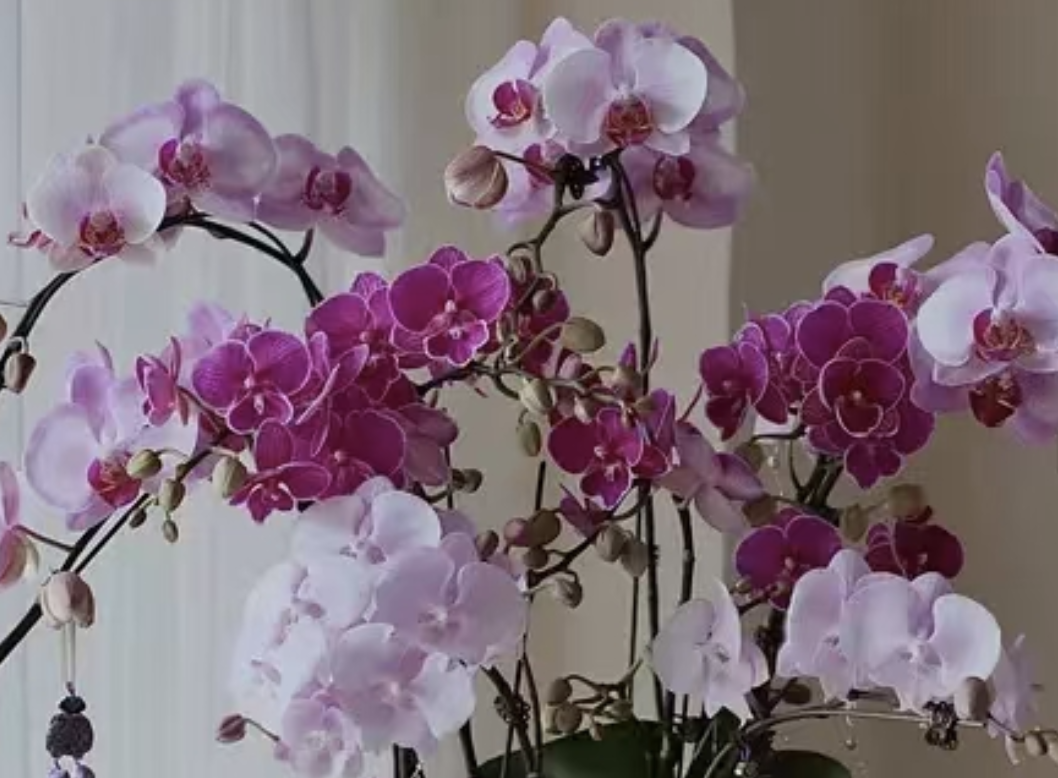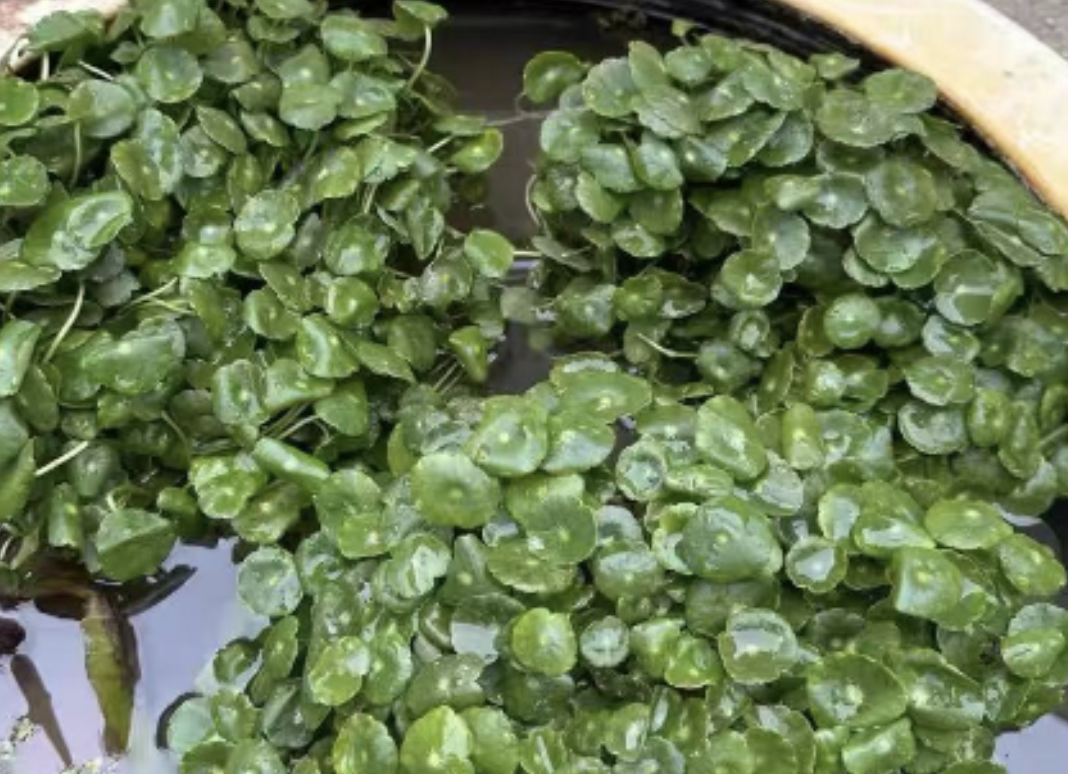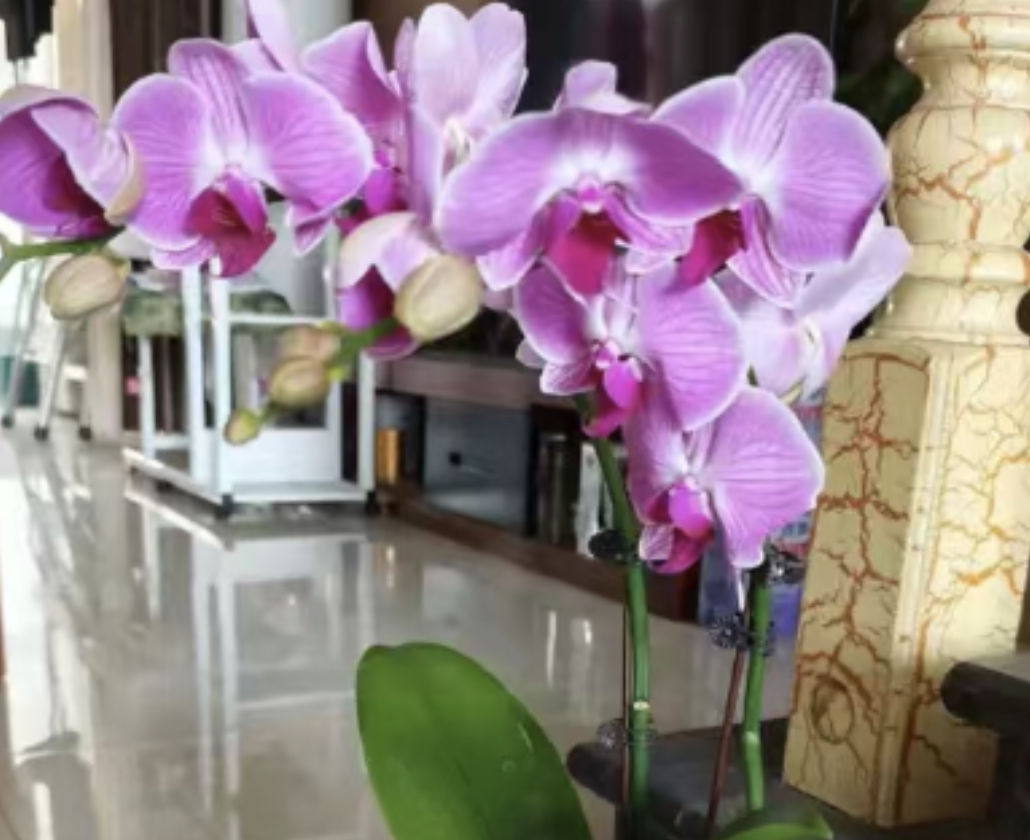Hydroponic plants generally do not need to change water frequently. Many hydroponic plants have strong adaptability and can grow in a relatively stable water environment.
For some common hydroponic plants, such as Epipremnum aureum, Dracaena sanderiana, and Chlorophytum comosum, water needs to be changed only when it becomes relatively turbid or has an odor. This time interval may be about one to two months, depending on factors such as environmental temperature, light, and the growth status of the plant.
When maintaining hydroponic plants daily, first choose a suitable container. The container is preferably transparent so that the growth of the plant roots can be conveniently observed. At the same time, the size of the container should be moderate to accommodate the plant roots and leave some growth space.
Light is also one of the key factors. Most hydroponic plants are suitable to be placed in a bright, scattered light place and avoid direct sunlight to prevent excessive water temperature from causing damage to the plants. If there is insufficient light, it may lead to poor plant growth, yellowing of leaves and other issues.
In terms of temperature, hydroponic plants are suitable to grow in a relatively warm environment. Generally, a temperature between 15°C and 25°C is appropriate. In winter, pay attention to keeping warm to avoid freezing the plants; in summer, prevent the adverse effects of high temperatures on the plants.
When adding water to hydroponic plants, it is best to use tap water that has been left for a period of time to allow the chlorine in the water to evaporate so as not to cause damage to the plants. If possible, purified water or rainwater can be used.
As for the precautions for hydroponic plants, first of all, pay attention to preventing pests and diseases. Regularly check the leaves and roots of the plants. If pests and diseases are found, deal with them in time. Some biological control methods or low-toxicity pesticides can be used for prevention and control. Secondly, avoid excessive fertilization. Hydroponic plants have relatively less demand for fertilizers. Excessive fertilization may lead to deterioration of water quality and affect plant growth. Generally, an appropriate amount of nutrient solution can be added to the water at regular intervals. In addition, be careful when changing water to avoid damaging the plant roots. At the same time, keep the container clean and clean the container regularly to prevent the growth of bacteria.
In short, as long as the maintenance methods and precautions for hydroponic plants are mastered well, these beautiful plants can thrive in water.
Do hydroponic plants need to change water frequently?

Share with
Tagged in :




Leave a Reply